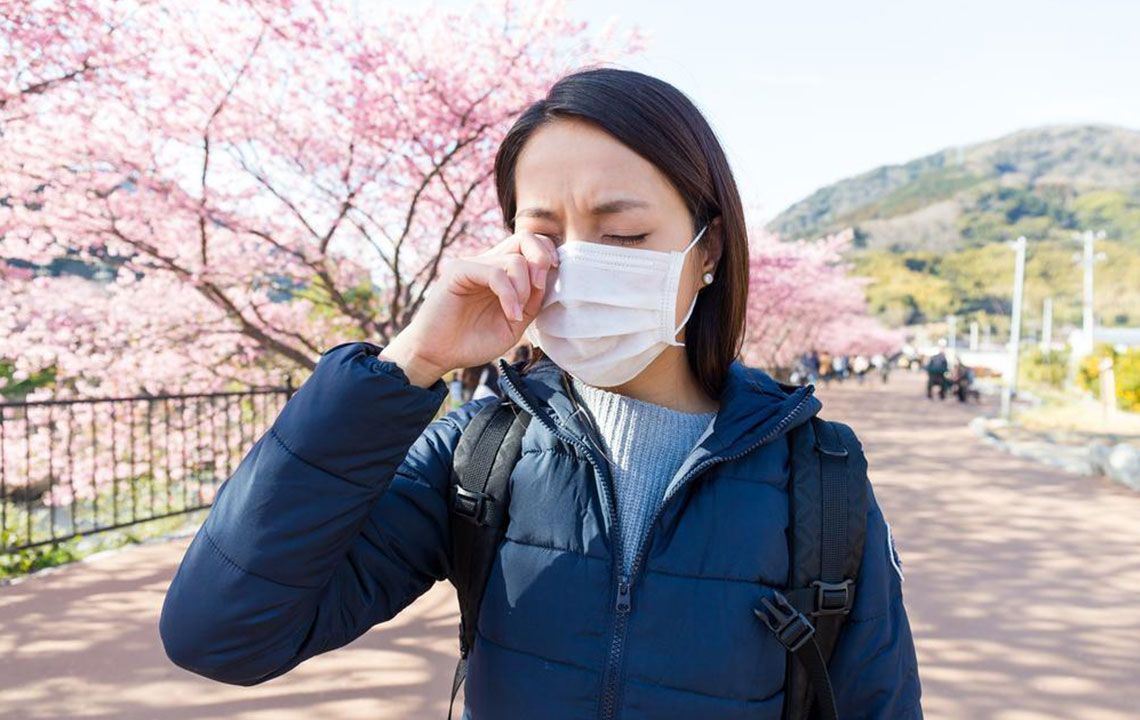Recognize These 5 Common Symptoms of Hay Fever
This article highlights the five key symptoms of hay fever, including sneezing, itchy nose, watery eyes, sinus pain, and breathing difficulties. Recognizing these signs early can help manage allergic reactions effectively. It explains the differences between seasonal and perennial hay fever, identifies common triggers like pollen and indoor allergens, and emphasizes the importance of medical consultation for persistent symptoms. Understanding hay fever symptoms can lead to better prevention and treatment strategies, improving quality of life during allergy seasons.
Sponsored

Hay fever, or allergic rhinitis, ranks as one of the most prevalent allergies affecting individuals in the United States. It can manifest as seasonal or year-round. Seasonal hay fever occurs during specific pollination periods, while perennial hay fever persists throughout the year. Different individuals may be sensitive to various pollens, such as those from trees, grasses, weeds, or mold spores, leading to distinct hay fever symptoms. Indoor allergens like pet dander, mold, and dust mites can also trigger perennial hay fever.
Those with weakened immune systems are particularly vulnerable. Common signs of hay fever include:
Persistent, intense sneezing episodes accompanied by nasal itching, discomfort in the mouth roof, ears, and throat. The nose may be blocked or produce a constant runny discharge. Eyes might water, and light sensitivity can occur.
Red eyes and coughing are typical. When pollen counts are high, symptoms may intensify, leading to excessive sweating, loss of taste and smell, and facial sinus pain. Headaches from sinus congestion and ongoing fatigue are also common. Restlessness, irritability, and difficulty sleeping may appear.
For individuals with asthma, hay fever can worsen breathing issues, causing wheezing, chest tightness, and frequent coughing fits. Severe cases might include fever, bad breath, sinus pain, toothache, and facial tenderness. These intense symptoms can disrupt daily life, work, and school attendance.
If symptoms persist or do not improve with standard medications, consulting a healthcare professional is essential to prevent complications.






